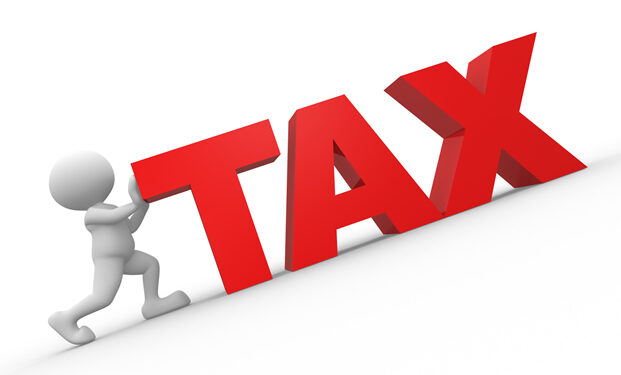Dr Gafar Alawode, the Director of DGI Consult Limited and a health economist, has urged Federal Government to implement and enforce strong health tax policies.
In an interview with the News Agency of Nigeria (NAN) on Wednesday in Abuja, Alawode highlighted the menace of Non-Communicable Diseases (NCDs) such as heart disease, cancer, chronic respiratory disease, and diabetes in the country.
He said that the key contributors to the disease burden include tobacco, alcohol, and Sugar-Sweetened Beverages (SSBs).
He explained that health taxes on products like tobacco, alcohol, and SSBs are employed globally to curb consumption of harmful products and generate revenue.
He said robust health tax policies were essential for combating rising burden of NCDs.
He pointed out the political challenges in raising health taxes to the recommended levels, in spite of well-documented health and economic benefits.
He noted that “to inform effective interventions and advocacy, it is essential to explore the political and socio-economic factors influencing health tax policies.”
Highlighting a recent health policy analysis, he commented on the status of health tax policies in the country and their alignment with global standards.
“The analysis identifies key stakeholders and their roles in the design and implementation of health taxes, understanding how various actors and institutions influence these policies, and identifying the primary enablers and barriers to effective health tax policies.
“The study employs a mixed-methods approach, including stakeholder engagement workshops, literature reviews, key informant interviews, policy dialogues, and dissemination of findings. Stakeholders from government, civil society, and industry were engaged to gather comprehensive insights.
“Evidence synthesis and validation sessions with policymakers ensured the relevance and applicability of the findings.”
According to him, the study recommends reducing reliance on international guidelines, limiting industry influence in policy processes, and taxing emerging industry products to prevent substitution.
“Excise taxes on tobacco and alcohol have been implemented but are not earmarked for health, limiting their impact on public health funding,” he said.
Regarding stakeholder dynamics, he noted that various actors, including government ministries, international organizations, and industry groups, play significant roles in shaping health tax policies.
“Industry lobbying has often diluted pro-health tax measures, while bureaucratic and political interests sometimes hinder effective policy implementation,” he said.
He identified international guidelines, professional groups advocating for NCDs control, and a supportive macroeconomic environment as key enablers. (NAN)











